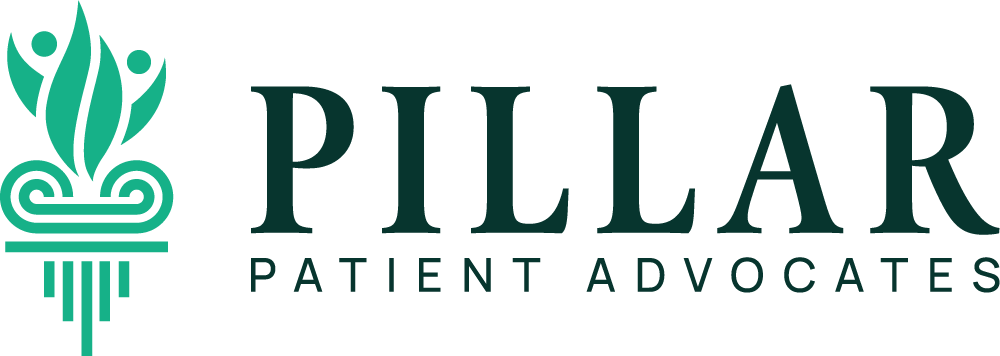How The Zebra Became The Mascot For Rare Diseases
How Rare are Rare Diseases?
According to the National Organization for Rare Diseases (NORD), any disease affecting fewer than 200,000 people is considered rare. However, the prevalence of rare diseases is more common than you might think, with 1 in 10 Americans living with a rare disease. With over 7,000 identified rare diseases, these conditions impact the lives of may individuals and their families.
Why the Zebra?
The choice of the zebra as a symbol for rare diseases has roots in an old adage used in medical schools: “When you hear hoofbeats, think of horses, not zebras.” Coined in the late 1940s by Dr. Theodore Woodward, a professor at the University of Maryland School of Medicine, this saying encouraged medical students to consider common ailments rather than rare ones. However, the rare disease community decided to embrace the zebra as a symbol of unity and resilience.
Rather than shying away from being labeled as “zebras,” individuals with rare diseases and their advocates took pride in the uniqueness of their conditions. The zebra transformed from a metaphorical representation of medical rarity to a powerful symbol of strength and community.
What The Zebra Means To Us
At Pillar Patient Advocates, we stand alongside individuals facing rare diseases, providing comprehensive support and advocating for their unique needs. Our commitment extends beyond individual advocacy as we actively contribute to the advancement of medical knowledge through our involvement in market research studies on rare diseases.
As we continue our journey in the realm of patient advocacy and rare disease awareness, let us celebrate the strength and resilience of those facing uncommon health challenges. The zebra, once a symbol of medical rarity, now stands tall as a beacon of unity, fostering awareness and understanding for the diverse and often overlooked world of rare diseases. Pillar Patient Advocates is honored to be a part of this community, working tirelessly to navigate the healthcare system and contribute to the collective voice of rare disease advocates.



